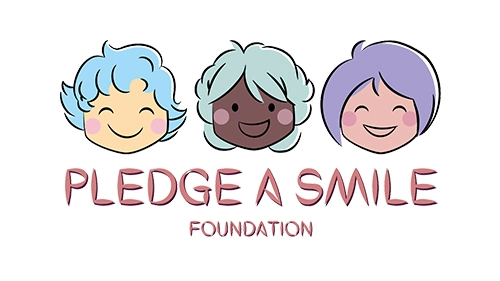Reservations are a popular practise in India. It began shortly after the country gained independence. Many think that it is one of the most important weapons for uplifting the country’s minorities and backward populations. Even the practise has received worldwide acclaim. However, there are times when it appears that Reservation is more of a political weapon than an empowerment tool.
What a word: reserve. That word evokes feelings of tranquilly. We can be late for a show yet still have our preferred seat reserved. This type of reservation is most likely because you paid extra for it and showed the foresight to book the concert in advance. It demonstrates sound judgement, intellectual ability, and the ability to pay!
Nowadays, though, reservation isn’t even close to this. It’s a political instrument that will be used whenever a political party needs votes. It’s the trump card’s oldest Plan B, the caste, that the trump card utilises.
Our founders told us that we must strive for a society that provides equal room for all faiths in a geniel manner. However, we currently lack social peace and have little hope of achieving it in the near future. We’re stuck in a system where the constitution’s underlying concept encourages us to forget about caste, but yet every little thing is done according to caste over and over again.
Reservation is necessary in India, there is no doubt about that, but the politics of reservation need to be addressed as well. Being an economically sound OBC or SC/ST person is highly regarded since people receive several government benefits and find it simpler to find work than those who fall under the general quota. What is it if this isn’t discrimination?
India has a hint of socialism in its heart, and if equality is to be fulfilled, everyone should have equal opportunities based on their aptitude, temperament, and determination, not on their caste. Another form of apartheid is when a man is denied the opportunity to write an exam just because he was born into a particular caste. Reservations should be granted to those who truly deserve and desire them, with their economic and social circumstances taken into account. Caste should not be taken into account while making reservations.
Hunger is the same for an economically disadvantaged scheduled tribe member and an economically disadvantaged Brahmin, and reservation procedures should focus solely on that. The main issue with caste-based reservation is the animosity that is created in a “educated high caste unemployed individual,” and there are a lot of them in India.
Empowerment must also reach them, or else we will end up with a society in which everyone forms groups and life becomes difficult. In India, a unified civil code would be a welcome shift. It is not enough to speak “equality” every day; we must also take steps to achieve equality. Economic balance is the most powerful form of empowerment a country can achieve, and the rules governing reservation management should be thoroughly reformed to achieve this. Our constitution is a living document, and we’ve already made 120 changes to it, which is a wonderful thing. Anything that is susceptible to change, including our constitution, is doomed to fail.
Economic reservation would usher in much-needed reform in our jumbled caste politics. No political party will be able to offer rewards to only one tribe or caste. There are just three castes: the wealthy, the middle class, and the poor. This should be taken into account, and the term “empowerment” will no longer be a simple term.
Politicians like to play the decisive card of uplifting underserved and tiny groups in order to boost their vote banks. When females in Uttar Pradesh are attacked, raped, and killed, where are the so-called political leaders who represent minorities and disadvantaged communities? The reservation system is seen by political leaders as a form of social fairness that has failed to bring any benefits throughout the country’s many years of independence. What benefit do politicians derive from reservations? It’s all about the votes and using the other party as a scapegoat. It has an impact on the country’s educational quality. Politicians are incapable of seeing beyond their own self-interest. They are engaging in crude politics in the guise of reserve and regionalism, at the expense of the nation’s advancement. Reservation separates the population into two groups: privilege and under-privilege, and politicians take use of both groups depending on the situation.
It is the only method to close the gap between those who have and those who do not, as well as to reduce poverty. Reservation is the only route for persons from lower socioeconomic classes to gain access to education. The upper society is always ready to make use of minorities, and they require government support to deal with difficulties. Reservations for women in many sectors are one approach to encourage women to advance and participate in the development process. When there are no other options for achieving equality, the reservation system must be employed to provide additional chances for the oppressed sectors.
Reservations are crucial in some areas, but they do not necessarily support the system in all cases. It has now evolved into yet another tool of corruption, with the government and so-called political parties providing legal support. It’s little more than a legal backdoor in many sectors, such as employment and education, where the only people who benefit are political parties.
© 2025 Pledge A Smile Foundation.
